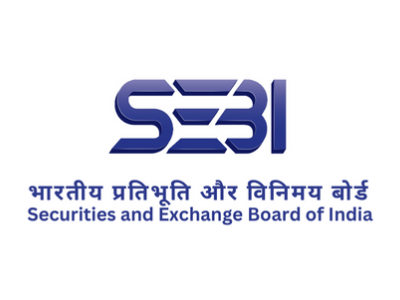Listen to this article
Mutual funds have now become more inclusive. SEBI has clarified in a FAQ on dealing with the persons with disabilities that market intermediaries, like mutual fund companies, will have to facilitate digital KYC for such persons.
Persons with disabilities includes those covered under the provisions of the Mental Health Care Act, 2017, the National Trust for the Welfare of Persons with Autism, Cerebral Palsy, Mental Retardation and Multiple Disabilities Act, 1999.
SEBI directed fund houses to offer a facility for video capturing in a live environment to facilitate digital KYC.
In cases where persons with disabilities are unable to blink their eyes, SEBI stated that fund houses can capture liveliness through facial expressions or simple gestures like showing an OTP.
The market regulator said, “For the purpose of the ‘liveliness’ check, intermediaries may use various parameters, which not only involve checking the movement of eyelids and eyeballs or blinking, but may also include other factors, viz., live facial expressions, nodding of the head, the client showing the OTP while being clearly visible on screen, real-time video recording, and displaying copies of documents on the screen, etc.”
Further, fund houses will have to capture the type and percentage of disability of such clients during digital KYC.
SEBI also said that persons with disabilities can submit a thumb impression if they find it difficult to furnish a digital copy of a wet signature.
Further, SEBI clarified that persons with disabilities can appoint a guardian—even if they are adults—to invest in capital market products, including mutual funds.
However, market intermediaries, like mutual fund companies, will have to insist on guardianship certificates issued by the local committee under the National Trust for the Welfare of Persons with Autism, Cerebral Palsy, Mental Retardation and Multiple Disabilities Act, if the person with a disability is unable to act independently.
Further, SEBI clarified that both the guardian and the person with a disability will have to comply with KYC norms. Also, if a person with a disability is unable to sign physically, the guardian’s signature can be considered for account opening, the market regulator clarified.
This comes after the Hon’ble Supreme Court emphasized the need for equal and accessible inclusion of persons with disabilities in availing financial services through a judgment dated April 30, 2025.







